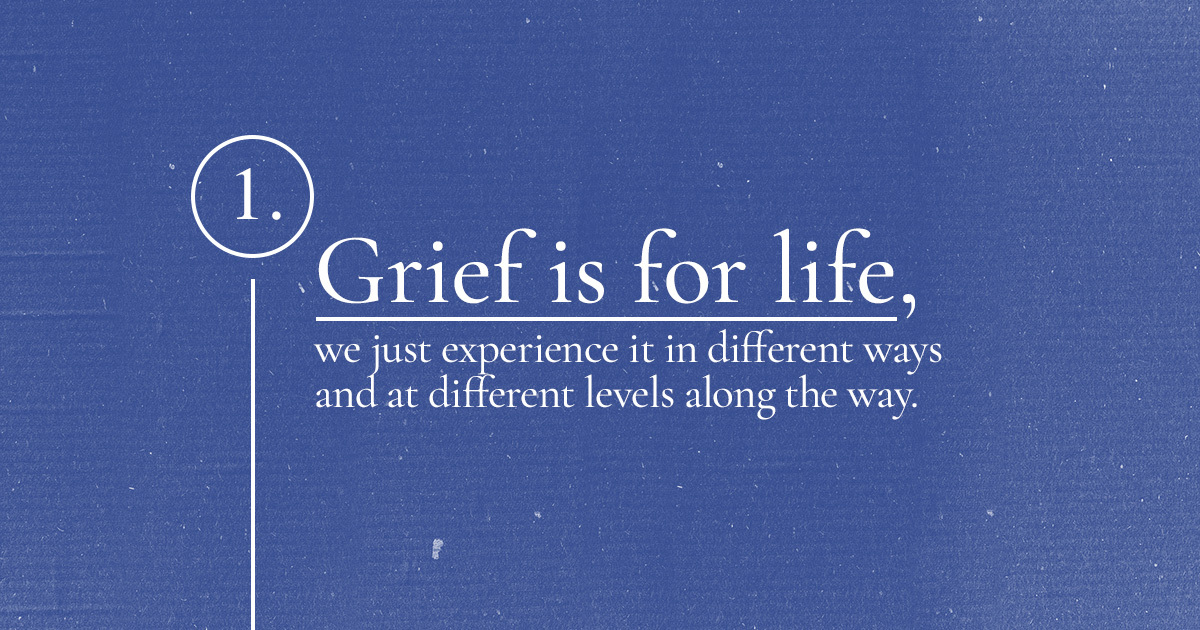By Lisa Sugarman
National Grief Awareness Day, observed annually on August 30th, aims to recognize the time it takes to heal from loss and to raise awareness about the different forms of grief. This day encourages people to support those who are grieving and to share resources and information that can help them navigate their pain. It also serves as a reminder that grief is a natural process, varying from person to person, and that it’s okay to seek help or talk about your feelings. Today is an opportunity to offer understanding and compassion for those experiencing loss in their journey toward healing.
The first time my dad Jim died, it was August 1, 1978.
It was a Monday night and he’d tucked me into bed, said he loved me, kissed my mom, and went downstairs to watch his Red Sox play a late-evening summer game. By Tuesday morning, he was gone, taken by a heart attack in his sleep. And it left me lost and broken and confronted with the impossible reality that the person who I felt most secure with in the world was gone.
I was barely ten years old when my dad died that first time and I was the textbook definition of a daddy’s girl, so it blew my world to pieces.
Whether it was peak bagging together in the White Mountains or handing him tools while he changed the oil in his ‘77 Datsun 280Z, I grabbed every opportunity to be by my dad’s side.
He was an outdoorsman, always wanting to be in nature or driving fast around a track in his amateur race car or testing his body’s limits on the Appalachian Trail. And he gifted his passion for those things to me. So, as you’d expect, there hasn’t been a single day since he left us in the summer of ‘78 when I haven’t felt the pain of that loss deep in my bones.
That was how his first death changed my life.
The second time I lost my dad I was 45 and married with two daughters of my own. I learned, very much by accident, that he’d actually died by suicide back in the 70s. The heart attack was just a story my mother invented in that moment to spare me the pain of knowing that my father had chosen to leave us. In her mind, it was devastating enough for me that he was gone; she just couldn’t bear to pour more kerosene on an already raging fire. And I think she made the right call. Because this new and ugly narrative required a completely different kind of grieving, the kind a ten-year-old just can’t understand.
The thing about grief is—especially the grief that’s attached to suicide—it’s deceptive and irreverent and it shows up both when we expect it to and, most often, when we don’t. That’s why, in the decades since my dad left us, I’ve searched endlessly for ways to cope with all of the emotions that are attached to grief. And that search has led me to discover a couple of powerful ways to navigate suicide loss.
Probably the most important way I’ve learned to keep moving forward is by gifting myself permission to be exactly where I am at any given moment. If I’m angry, I let myself be angry. If I’m sad, I let the tears flow. If I’m feeling hopeless, I let myself sit in that for a while until I’m not anymore. Because if we try to outrun our emotions, they’ll always catch us no matter how sly we think we are. And when we run toward them instead of running away, we retain the power.
I’ve spent the better part of my life accompanied by grief—losing a shockingly large number of family members and friends—and it’s given me a pretty unique perspective on loss. And because of that, I’ve learned a few valuable lessons about navigating that unique journey:
Lesson #1:
We need to embrace the suck and allow ourselves to sit in all the feels. Whenever they come. Because even though those intense feelings are sometimes more than we can bear, grief does change over time.
Lesson #2:
Sharing our story of loss is a gift to us and to the person we’ve lost. That’s why, if you feel you can, you should share your person with the world. Tell your story. Because being vulnerable and sharing our personal experience(s) is like sending up a flare that helps us find our community and helps our community find us.
Lesson #3:
Grief is for life, we just experience it in different ways and at different levels along the way.

So, whether you’re experiencing a new loss or, like me, you’ve been grieving someone’s death for most of your life, accepting that grief is cyclical is just a core tenant of the whole grieving process. We need to make space for the ebb and flow of it when it comes, without trying to avoid or dismiss it.
That’s how we take back some of the control we’ve lost. And that’s how we learn to thrive again. One small step at a time.









